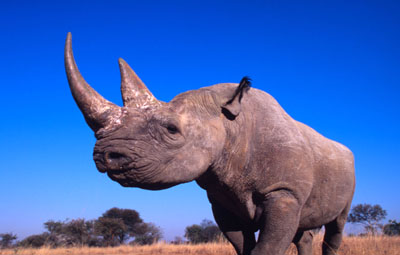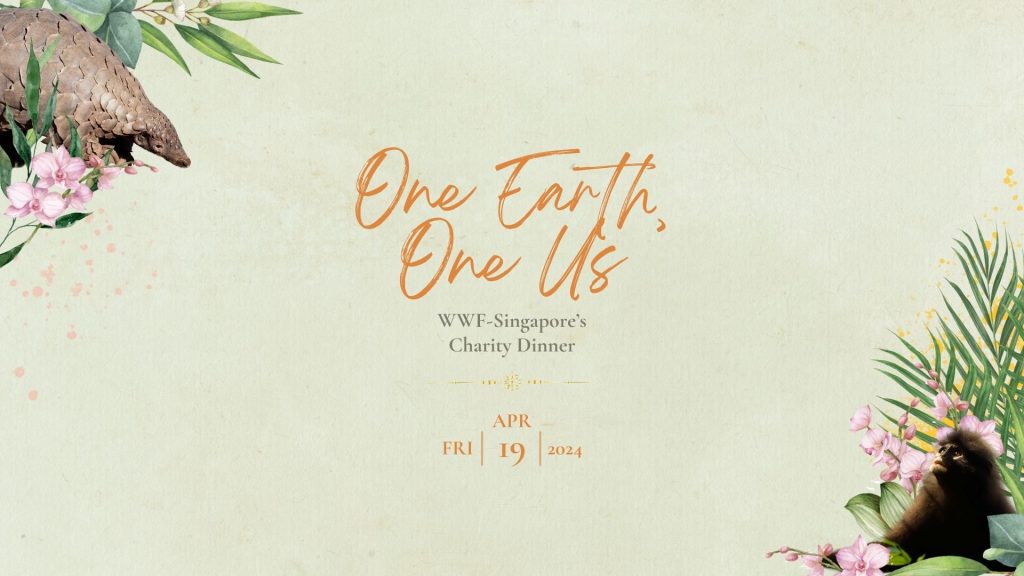Cape Town – Rhino poaching statistics released today by South African authorities show that a record 455 rhinos have been lost to poaching already in 2012. The number exceeds the 448 rhinos killed for their horns during the whole of 2011.
“The most recent figure is disappointing as last year’s total has already been exceeded by mid-October. World-famous safari destination Kruger National Park continues to be the hardest hit by poachers with 272 rhinos killed to-date,” said Dr Jo Shaw, WWF-South Africa’s Rhino Co-ordinator.
Rhino poaching rates have increased rapidly since 2007 as new markets for rhino horn have emerged in Asia, primarily in Viet Nam. Rhino horn has recently been touted as a hangover cure and treatment for terminal illnesses, according to a report by WWF’s partner TRAFFIC, the wildlife trade monitoring network.
“It is critical for the South African government to engage with consumer countries and to fight against international syndicates involved in illegal rhino horn trade. WWF is concerned that the Memorandum of Understanding with Viet Nam for collaborative action against illegal rhino horn trade remains unsigned. There is also an urgent need for law enforcement actions by neighbouring countries which are implicated as transit routes for illegal trade in rhino horn, specifically Mozambique,” Shaw said.
The number of arrests for rhino crimes has increased this year in South Africa, with 207 poachers, middlemen and couriers taken into police custody. WWF commends the South African government and law enforcement authorities for their continued efforts to help curb illegal wildlife trade, but believes there is no room for complacency.
A major alleged rhino poaching syndicate, the so-called ‘Groenewald Gang’, is due to appear in a South African court Friday. The group, consisting of a safari tour operator, veterinarians, professional hunters and a helicopter pilot, is facing charges related to the killing of 20 rhinos who were found without their horns.
“The world is watching to see that South Africa is prepared to prosecute rhino crimes to the fullest extent of the law and take these crimes seriously as an affront to South Africa’s national heritage,” Shaw said.
WWF is calling on governments implicated in the illegal trade of wildlife products such as rhino horn to increase law enforcement, impose strong deterrents and conduct widespread demand reduction campaigns to discourage the consumption of endangered species products.
WWF is also helping to ensure that existing rhino populations grow as quickly as possible. Earlier this month, WWF flew 13 rhinos to new homes as part of a range expansion project that has established eight new black rhino populations in South Africa. There are fewer than 5,000 of the critically endangered animals remaining.
“To-date, rhino numbers continue to grow in South Africa as more rhinos are being born than are dying, even when poaching mortalities are taken into account,” Shaw said. “However, we are approaching the critical tipping point where rhino numbers go into decline and would undermine conservation efforts.”
For further information or to request an interview with a WWF expert contact:
Quathar Jacobs, qjacobs@wwf.org.za, +27 82 538 7710, +27 21 657 6657
Alona Rivord, arivord@wwfint.org, +41 79 959 1963














